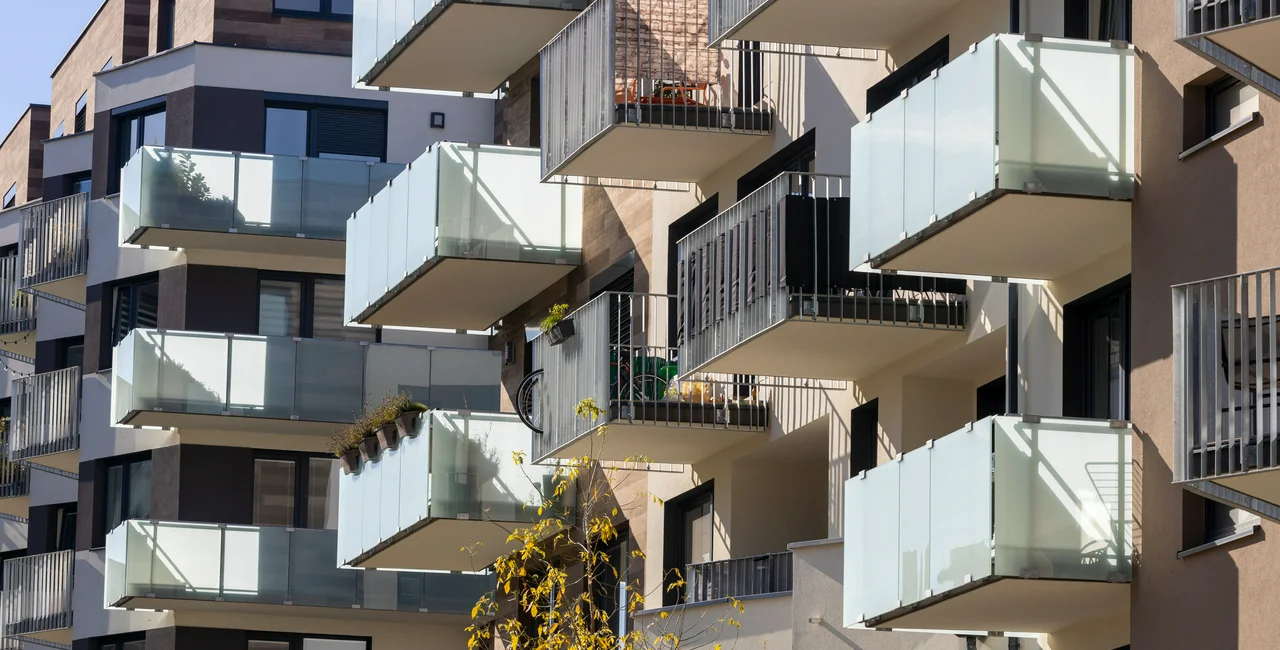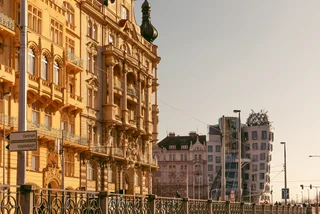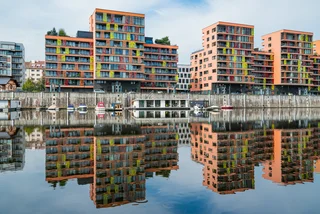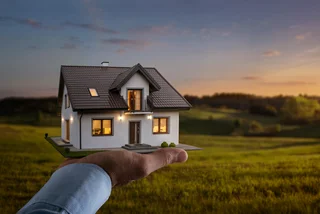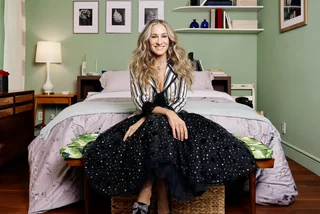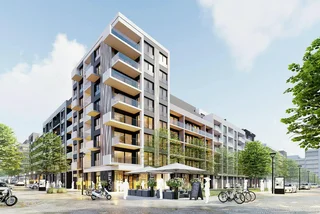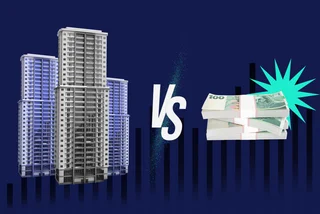The number of new flats for sale in Prague expanded in the second quarter of this year. There are now over 4,000 new apartments with an average price of CZK 152,000 per square meter.
A new analysis by real-estate developer Skanska maps out the cost of buying one of these new apartments in various Prague districts.
The most expensive apartments are in Prague 2, 7, and 6. The most affordable apartments are available on the southwestern edge of the city. The largest selection is in Prague 5, 9, and 3 with more than 1,500 units, according to Skanska data.
The most expensive district is Prague 2 with an average price of CZK 207,465 per square meter. Year-on-year, the supply here decreased by almost half and the price increased by one-third. The neighboring district of Prague 1 has limited options for new housing, and there is not a single new apartment available at the moment. The year-on-year increase in prices in other parts of the city hovers around 17 percent.
The highest jump was recorded in Prague 7, where the average price increased by almost half, after the addition of new, more premium projects to the new flats that are available.
On the other hand, apartments on the southwestern outskirts of Prague, specifically in Zbraslav, Lochkov, Lipence and Radotín, are the cheapest.
In these parts of the city, the average price is CZK 116,150 per square meter. Flats below the threshold of CZK 120,000 can also be found in Prague 19, which also has the smallest year-on-year increase in the average price, according to Skanska’s analysis. A large part of the available new housing there is covered by the more affordable Albatros Kbely project.
Compared to last year's second quarter, the average price decreased in Troja, where the previously only luxury offer was supplemented with more standard units. The average price decreased by 12 percent year-on-year to CZK 146,982 per square meter.
Prague 5 has experienced a big boom in recent years. It currently has the most new apartments in the city. There are 561 of them in total, and the number increased by only 9 percent year on year.
The biggest change took place in Prague 14 and 15, where several new projects entered the offer. Overall there are 488 more apartments in these parts of the city. On the contrary, Prague 10 recorded the biggest decrease year-on-year, where the supply fell by 132 housing units, or by 36 percent.
“The low supply is one of the main reasons for the increase in the prices of new housing in Prague in the long term. The supply of new apartments in the second quarter of this year is good news for the market,” Renata Vildomcová, director of the communications department of Skanska, said in a press release.
“However, in order to have a truly visible effect, the growth would have to be long-term and generated by new projects, not by stagnation, which is currently caused mainly by the unavailability of mortgages,” she added.
The lack of availability of mortgages is also behind an increase in the age of people buying a new apartment. The average age of buyers in Prague is currently 45.4, which is almost two years more than last year and six and a half years more than seven years ago, according to sales statistics from developer Central Group.
At the same time, Prague has the second youngest population among the Czech regions, last year's census showed that the capital city's population has an average age of 41.4 years.
“More young people live in Prague than in most other Czech regions. However, fewer and fewer of them are able to purchase apartments as a result of inflation, the unavailability of apartments and their rising prices,” Michaela Tomášková, executive director of Central Group, said in a press release.
In the first half of this year, Central Group registered less than 13 percent of buyers under the age of 30, while previously it was between 15 and 20 percent. The number of people over 60 years of age has increased to 15 percent, while previously it was only around 10 percent.
“We consider the main reasons for the increase in the average age of our clients to be that people are putting their savings into real estate in an attempt to protect money from inflation. And, of course, older people tend to have savings. More expensive and less affordable mortgages also hit younger people more,” Tomášková said.
The latest Central Group Index, published in June, also points to a significant reduction in the availability of housing in Prague. A resident of Prague would have to earn for 17.3 years to buy an average new apartment if they had no other expenses. Compared to last year, it is almost two and a half years longer. In the long term, apartment prices are growing significantly faster than wages. Since the beginning of 2015, apartment prices have increased by 136 percent, wages by only 41 percent.












 Reading time: 4 minutes
Reading time: 4 minutes 